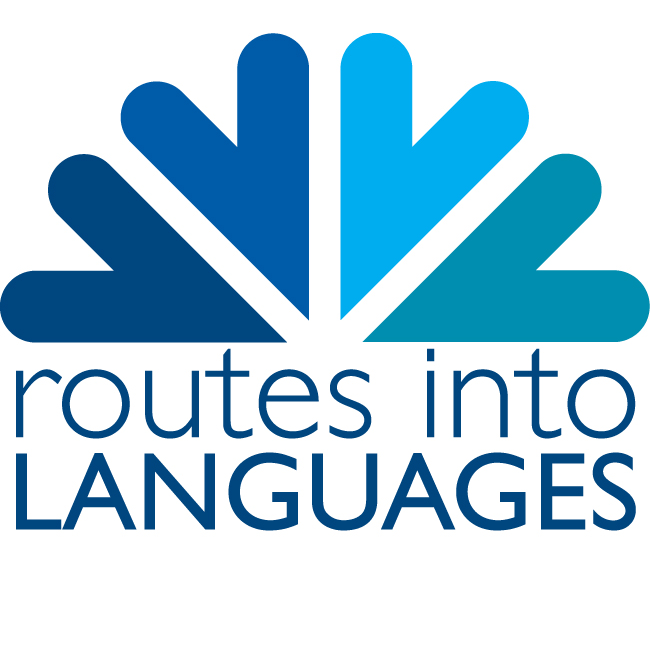Why are languages so important in singing and acting? This was the initial question for a workshop that took place on March 12th 2010 in the Language Learning Centre of the University of Hull, organised by Daniela Schwark (Language Learning Adviser) and supported by Vincenzo Alfano (Language Learning Adviser) and Chloé Lacoste (French Lectrice). The purpose of this workshop was to familiarise singers, actors and musicians with the sounds, phrasing and pronunciation of Italian, French and German – the most commonly used languages in the classical vocal repertoire and authentic theatre and opera productions. A general vocal warm-up aimed to prepare the 12 participants from the Music and Drama Department of the University and staff members for the task ahead. The all-encompassing exercises activated the vocal chords and introduced unfamiliar sounds to English and Asian native speakers at the workshop. Apart from that they were an excellent ice-breaker and established a very comfortable and positive atmosphere. The participants enjoyed listening to familiar and unfamiliar words of the three languages from cappuccino and croissant to Bratwurst and worked on the French nursery rhyme Frère Jacques before approaching the actual task: the lyrics of three songs from the classical musical repertoire: Caro mio ben by Giordano, Habanera from the opera Carmen by Bizet and Heidenröslein by Schubert. With the help of recordings, the participants were able to familiarize with phrasing and sounds before they were asked to work on the lyrics themselves with the help of the advisers. The final, very enjoyable, group presentation of the songs and also three poems (aimed at the Drama students) demonstrated how theory can be put into practice and languages and music together create a meaningful message. ‘It is important to understand the basics of the language in which you sing or perform to convey emotions and context to the audience. My intention was to create this awareness, offer hands-on practice and to build a bridge between language and music’, says Daniela Schwark.
Some impressions from participants:
- A lovely introduction to some basic pronunciation. I really enjoyed it. Thank you. I especially enjoyed the songs, it is perhaps more useful to singers. (Drama student)
- Good energy and spirit; short and sweet; giving us a chance to practice and perform; was good, thanks. (Drama student)
- Thank you! The skills you taught are very helpful for singing. Hope to join again next time! (Music student)
- I was especially interested in how these 3 languages have different ways of pronouncing words. The examples of songs helped me hear the diction and words and the translation to English was very helpful. (Music student)
- Really good to hear native speakers and think about how spoken and sung words relate. Would be really good if a class could be run for singers as part of the degree, where then it could be covered in more detail and it would be possible to bring pieces along. Hope to use the drop-in or language adviser. (Music student)
- Useful with the pronunciation, good if there were more of these I could attend. Thank you. (Music student)
Dr Marina Mozzon-McPherson, Senior Open Learning Adviser for the Language Learning Centre, who supported the event said ‘This is an example of the central role which languages play in many curricula, from music and drama to business and science and can contribute in a range of innovative ways to internationalise curricula’
Similar workshops are planned for next year and will be repeated and extended to other disciplines. This event follows the success of a series which included the introduction and discovery to Chinese, Japanese and Russian language and culture.

